Energy Minister explains delayed response and ongoing efforts in Boysun gas leak crisis
The hazardous gas leak at the Boysun M-25 gas field remains unresolved as efforts continue to contain the situation. According to Uzbekistan's Minister of Energy, Jurabek Mirzamakhmudov, the emergency teams working at the site need an additional two to three days of preparation, despite substantial progress. International experts and advanced equipment have been brought in to manage the situation. If current efforts fail, alternative measures could take up to 2-3 months to complete.
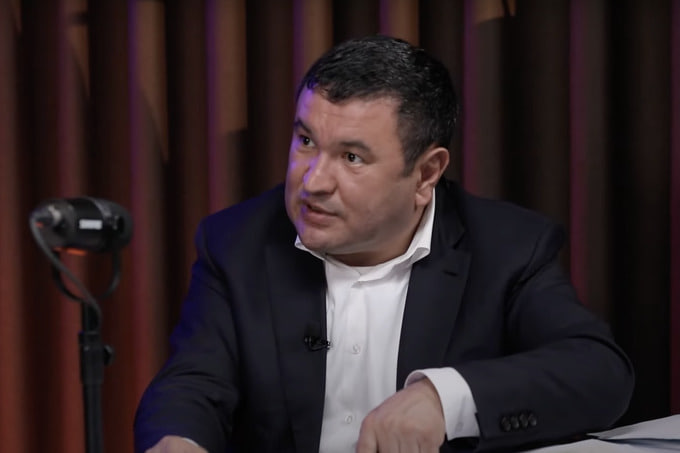
Speaking on the Lolazor podcast, Mirzamakhmudov explained the current status of the Boysun gas field, where a leak containing high levels of hydrogen sulfide began on September 1st. Despite several attempts, the situation is yet to be fully controlled.
Current Efforts to Contain the Leak
Mirzamakhmudov emphasized that the gas field remains open, with foreign specialists actively working on containing the leak. He highlighted that Uzbekistan has experienced six major industrial accidents of this nature, all of which took between three and six months to fully mitigate.
"The pressure in the well is extremely high, and the initial incident fractured the structure. While a temporary plug was installed, the gas, which contains high levels of hydrogen sulfide, managed to escape again through the damaged areas," the minister explained.
Currently, international experts from renowned companies like Cudd Well Control, Halliburton, Schlumberger, and Azerbaijan's SOCAR are on-site, assisting in the containment efforts. The safety protocols in place allow specialists to work in short intervals of 30 minutes due to the dangerous conditions. Specialized masks and oxygen tanks are required, with teams rotating to ensure continuous work.
"In the coming days, a new device will be installed in an attempt to seal the well completely. If this method proves successful, the situation will be resolved quickly. However, if it fails, we will proceed with an alternative plan, which involves drilling a relief well alongside the original one. This could take an additional two to three months," Mirzamakhmudov added.
Addressing Public Concerns
During the podcast, economist Otabek Bakirov raised concerns about the lack of communication and assistance provided to Boysun residents, suggesting that the public outrage was due more to insufficient information and inadequate support than the natural disaster itself.
In response, Minister Mirzamakhmudov clarified the situation, stating that emergency services, medical brigades, and technical teams had been mobilized promptly after the incident was reported on September 1. Local residents were swiftly evacuated from the nearby village of Kofrun, and the necessary resources were provided, including three daily meals and proper shelter for the evacuees.
"There were reports that people were transported in dump trucks, which is simply not true. Everything was organized as per protocol. We personally inspected the facilities, and all necessary conditions were met," the minister said. He added that monitoring systems were in place, with sensors installed around the perimeter of the gas field and in nearby residential areas to track gas levels.
Mirzamakhmudov also assured that while the gas contained toxic hydrogen sulfide, the situation was under control. He emphasized that such gas leaks are not unusual in Uzbekistan’s other gas fields, such as Muborak, Shurtan, and Gazli, and that safety limits for permissible gas concentrations are strictly observed.
Financial Assistance for Affected Families
The minister also addressed concerns about financial assistance for the affected families. He confirmed that the operator of the "25th Anniversary of Independence" gas field and the drilling company involved have provided compensation to those affected by the disaster. However, Mirzamakhmudov did not disclose the exact amount.
Communication Breakdown and Public Misinformation
During the interview, podcast co-host Qobil Khidirov pointed out that one of the main issues in managing the crisis was the lack of timely information provided to the public, which fueled rumors and panic.
Mirzamakhmudov acknowledged this gap, explaining that emergency teams were focused on addressing the technical challenges in the early stages, which led to delays in public communication. "We were working on scenario A and scenario B, attempting to mitigate the situation without further risk," the minister explained. "Safety measures required turning off the electricity in the area, which slowed down operations but was necessary to prevent an explosion."
Despite the initial communication challenges, the minister reassured that all essential services, including food and shelter, were provided for evacuees. Local authorities and emergency services maintained close contact with the community throughout the crisis.
Casualties and Ongoing Investigations
The minister also confirmed that the second incident at the gas field, which occurred on September 17, resulted in the tragic deaths of four workers due to a gas leak caused by an abnormal atmospheric pressure of 650. The initial accident on September 1 was contained by September 15, but the subsequent incident led to further complications.
During a briefing on September 18, the Ministry of Energy announced that the families of the deceased would be supported by the contractor company involved in the drilling operations.
Related News
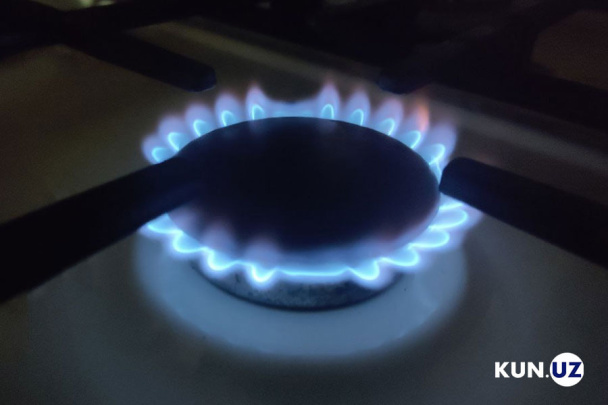
14:16 / 23.11.2024
Uzbekistan increased gas exports to China by 25% in 2024
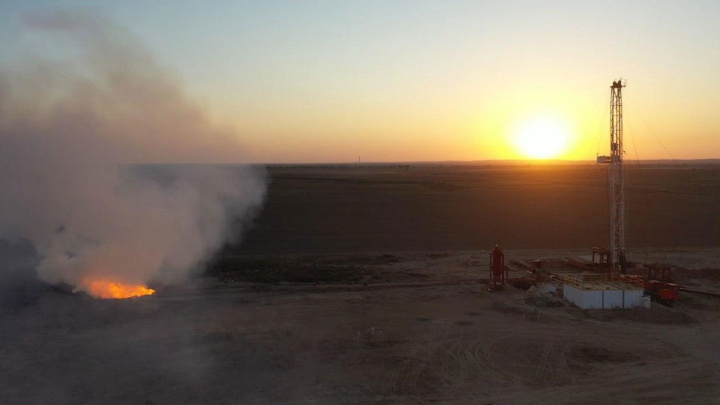
12:04 / 23.11.2024
Uzbekistan sees decline in gas and oil production amid rising exports and imports
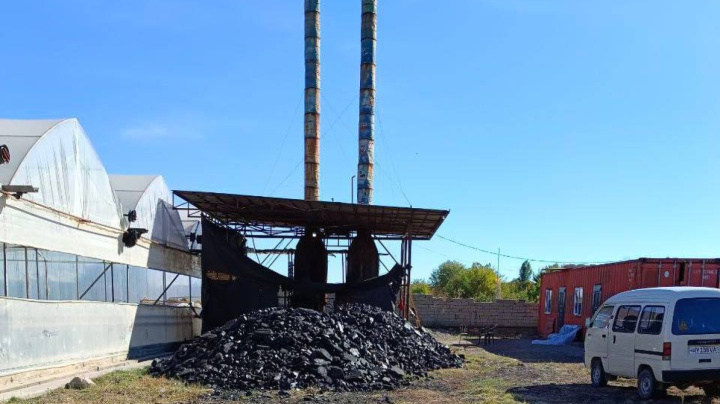
16:58 / 21.11.2024
Ministry of Energy reassures greenhouses on uninterrupted gas supply
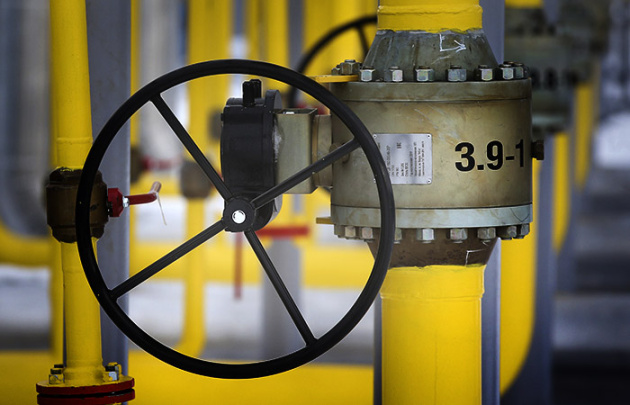
12:29 / 21.11.2024



